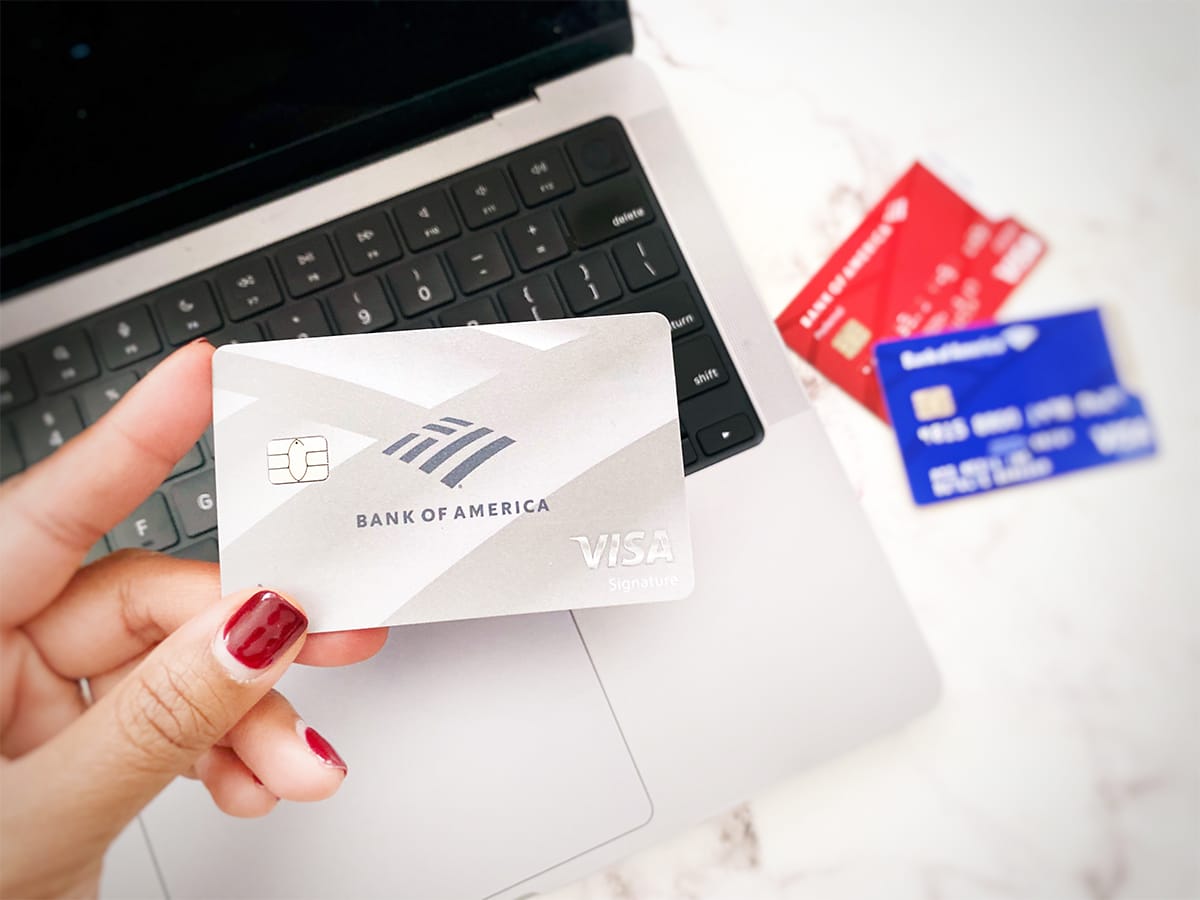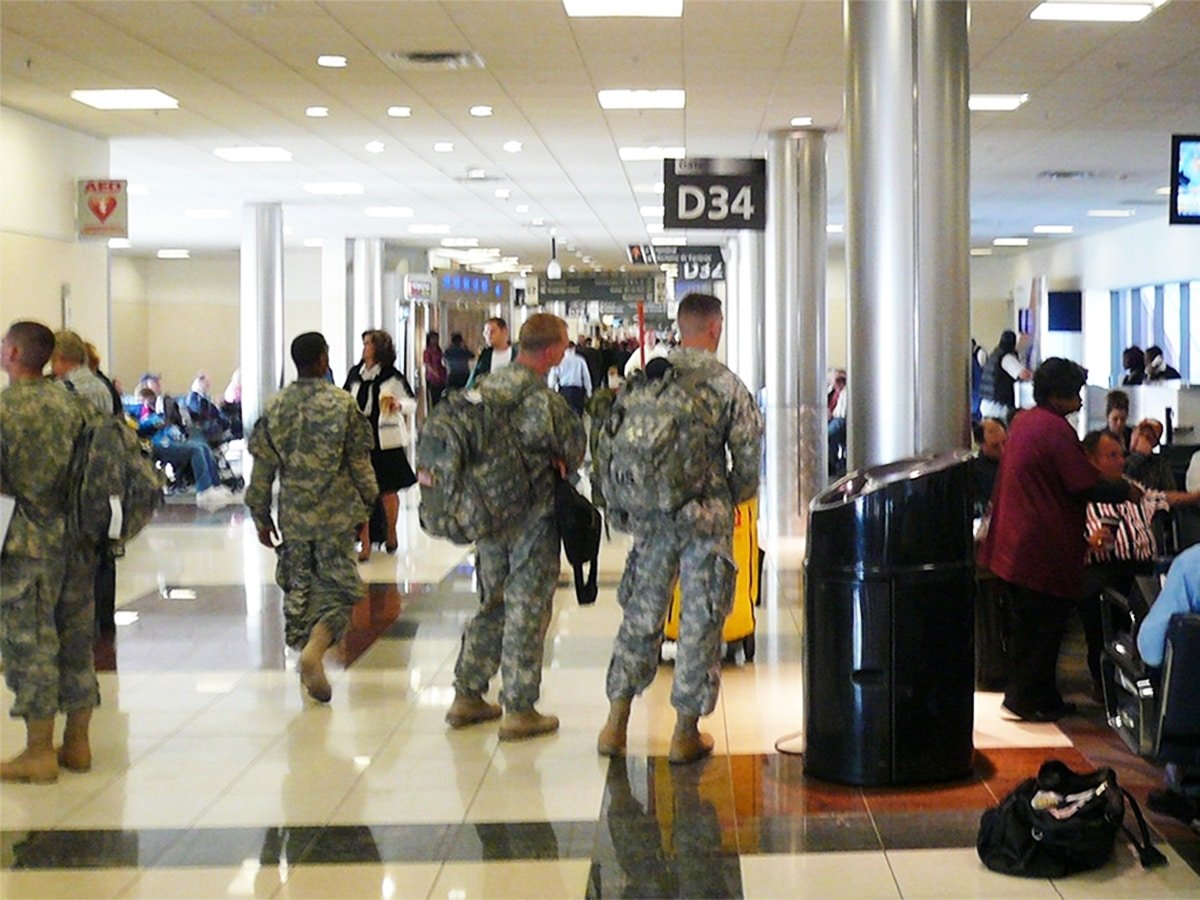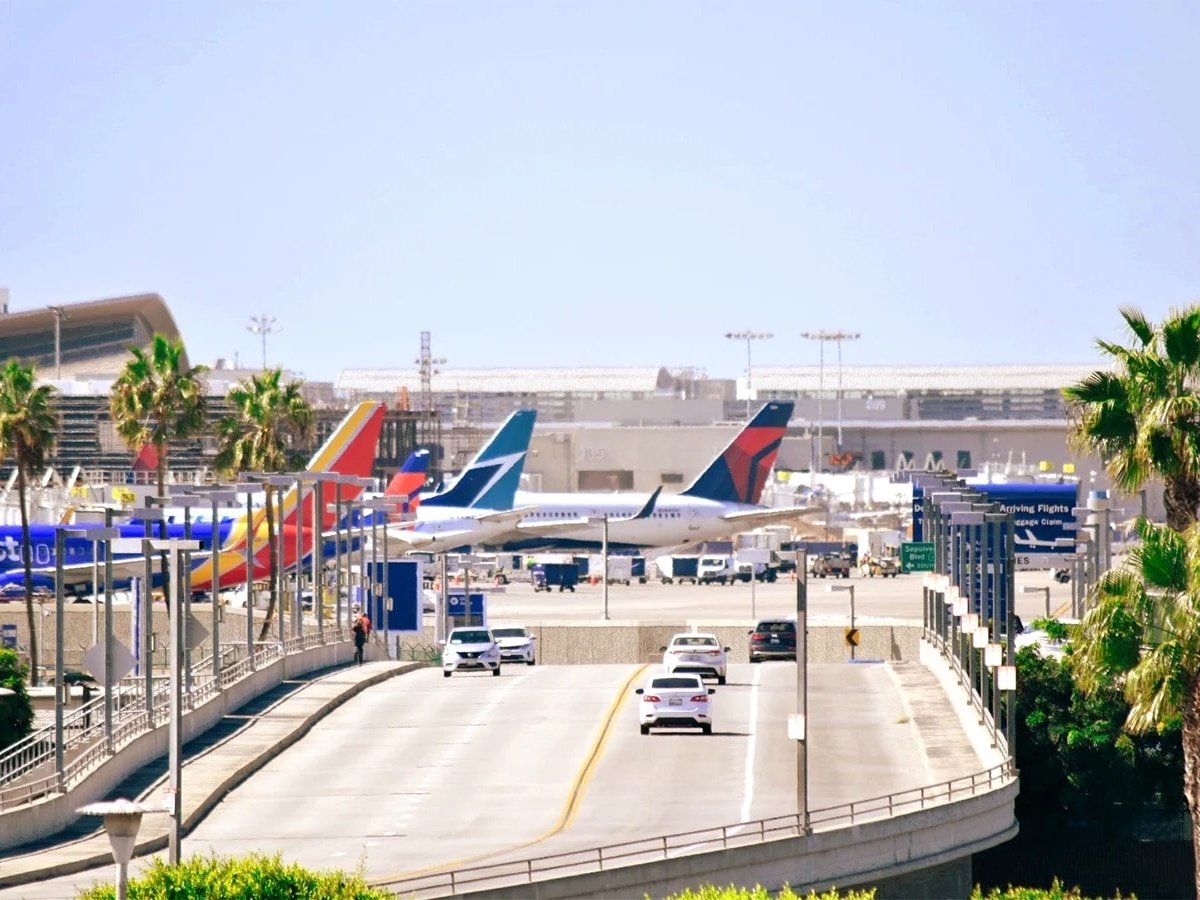It doesn’t matter if you travel the world or never leave the house, there are always a few bad apples out there, trying to take advantage of vulnerable people and scam them. While on the road, it can happen to anyone, from the person who travels once a decade to an expert traveler. You’d be amazed at what exhaustion, jetlag and being unfamiliar with your surroundings can do … primarily, make travelers an easy target. Listen, if Rick Steves can get pickpocketed in Paris so can you. Anywhere.
 Before we get to Bank of America’s warning, here are more scams to watch out for:
Before we get to Bank of America’s warning, here are more scams to watch out for:
- Don’t Fall For the Falling Lady Scam
- Is Your Hotel Scamming You?
- Don’t Fall For It: Scammers Are Pretending to be Customs and Border Protection Agents
- Cybersecurity and Fraud Expert Shares Tips on How Not to Get Scammed When Traveling
- How To Avoid Vacation Rental Scams
- Don’t Fall For These QR Code Scams
- These Are the Latest European Travel Scams to Know Before You Go
I’ve interviewed two experts for my podcast and YouTube channel: One is a safety expert and we talked about the most important things for travelers to do and the other is a cyber security fraud expert who shared tips on how not to get scammed when traveling. You can watch the videos below but in the second video, the expert said something that really stuck with me: “I think that one thing people always have to keep in mind, is we all have day jobs, we’re working. We’re raising a family. We’re running a business. We’re involved in philanthropic or educational activities. That’s our day job. But to a hacker, a scammer, an identity thief, we are their day job.”
Cybersecurity and Fraud Expert Shares Tips on How Not to Get Scammed When Traveling

Travel Tips From a Security Expert and Former LAPD Detective

It’s really such a shame. Just a small fraction of the world’s population are bad people but they kind of ruin it for everyone and they definitely dominate the news headlines.
Being a victim can seriously ruin your trip or make your life miserable for at least a couple of weeks, even if they don’t get away with your money. The latter happened to me in January of 2020. I was in New York City for a travel conference and my Bank of America account got hacked. I have no idea how to they gained access but I think it was either from someone hacking into my computer via the plane’s WiFi or my hotel. RELATED: FBI Warns Travelers Not to Use Free Charging Stations in Airports and Hotels – Here’s What to Do Instead
Fortunately, I caught it early (always set text alerts for any bank withdrawals or credit/debit card purchases so you can stop the bleeding ASAP). Even though they were only able to get $100 (Bank of America reimbursed me), they still messed me up for a while because I had to spend hours on the phone at the bank. On top of that, I had so many bills set up to autopay using my bank account that when the bank said they had to close that account and create another, it really screwed things up – especially after I forgot to make the edit on a couple of bills so my payment was late and it dinged my credit score.
Bank of America has issued a warning for their customers about red flags to be on the lookout for. They warn: “The most common types of scams will target you through fake emails, text messages, voice calls, letters or even someone who shows up at your front door unexpectedly. No matter which technique the scammer uses, you may be:
-Contacted unexpectedly by phone, email, text, direct message or pop-up with a request for personal information or money. Never click a link or download an attachment from someone you don’t know. Bank of America will never text, email or call you asking for personal or account information.
-Pressured to act immediately with an alarming phone call, email or text that plays with your emotions. Scammers may pose as an employee from a familiar organization, such as Bank of America and say there’s a problem that needs immediate attention. Do not act unless you have verified the person who has contacted you and the story or request is legitimate.
-Asked to pay in an unusual way, like gift cards, bitcoin, prepaid debit cards or digital currency, including Zelle® to resolve fraud. Bank of America will never ask you to transfer money to anyone, including yourself and will never ask you to transfer money because we detected fraud on your account.
-Asked to provide personal or account information, such as an account verification code, bank account number or PIN. When in doubt, don’t give it out. Bank of America will never text, email or call you asking for an account authorization code.
-Offered a free product or ‘get rich quick’ opportunity that seems too good to be true? If something sounds too good to be true, it probably is. Never cash a check for someone you don’t know.”
This is all solid advice but you would be amazed at how many people including smart, savvy people get taken advantage of or caught off-guard. The scammers almost got my wife by pretending her account had gotten hacked and they made it look like they were calling from Bank of America. When she refused to give her password over the phone, they pretended to transfer her to a supervisor since it was an urgent matter. Fortunately, she hung up and called the bank directly and found out it was, as she suspected, a scam. Here’s her full story.
Have you ever been a victim of a scam while at home or on the road? If so, please share your experience in the comments so others can learn from it.
KEEP READING:
–8 Ways To Make Sure An Airline Doesn’t Lose Your Bag … And That You Don’t Get Robbed or Stalked
–The Trick For Getting Airport Luggage Carts for Free
–Airline Lost Your Luggage? Do This If You Want to Get Compensated
–Why Frequent Fliers Use Apple AirTags or Samsung SmartTags When They Travel
–An Airline Executive’s Number One Tip for Avoiding Lost Luggage When You Fly
Want more travel news, tips and deals? Sign up to Johnny Jet’s free newsletter and check out these popular posts: The Travel Gadget Flight Attendants Never Leave Home Without and 12 Ways to Save Money on Baggage Fees. Follow Johnny Jet on MSN, Facebook, Instagram, Pinterest, and YouTube for all of my travel posts.




I was convinced to invest here by a friend I met on Tinder, Her name was Annie ( now I know she could be anyone else). At first everything was going on well until I requested for withdrawal, that’s when the nightmare started… I had to put in more money before I could withdraw. Then came the unending taxes; I was fined and taxed for various reasons. There was always a reason why I couldn’t take out my money. I was tired of everything and began looking for help. Since all the payments I made were through cryptocurrencies, my local police could not help me. Luckily I finally got help from the authorities I contacted via email kevinmitnickcyber @ GMAIL COM . Wonderfully, after providing my details, it took them barely a week to trace and retrieve my funds. Get help from them if you are in a similar